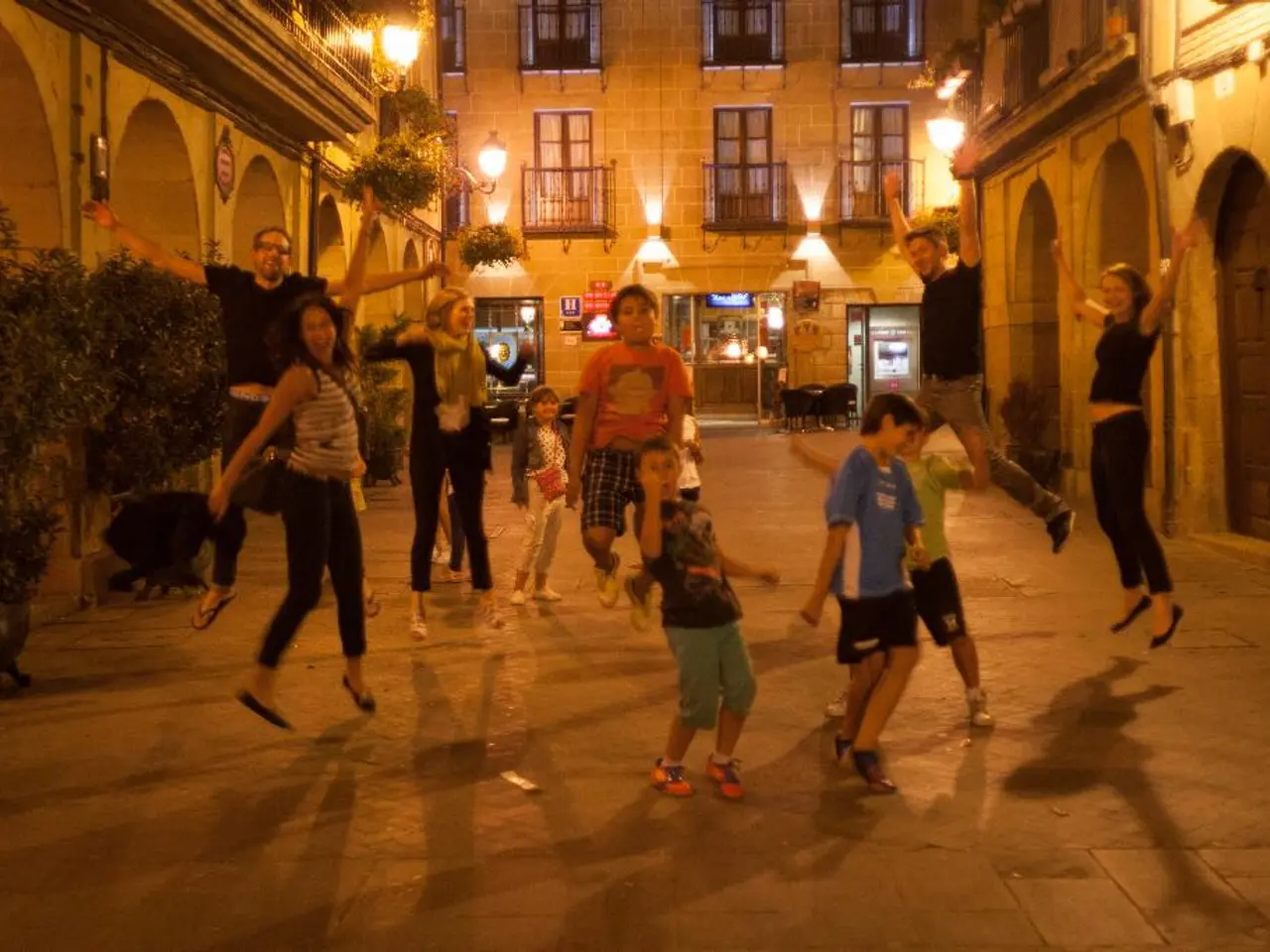Unveiling the Unseen: Exploring the Fate of Individuals Who Perished from the World Trade Center Collapse
In the aftermath of the September 11 attacks, support groups and counseling services were established to help families cope with their grief and trauma. This was a time when the world watched in horror as the World Trade Center towers crumbled, and the images and accounts of people falling from the towers had a profound impact on the public.
The media faced significant ethical considerations when reporting on individuals falling from the World Trade Center, balancing the public's right to know with the need to respect the dignity of the deceased and the grief of their families. Graphic images should be used sparingly and only when they serve a clear journalistic purpose. Alternative phrases like "those who fell" or "victims who fell" are more neutral and respectful, acknowledging the horrific circumstances that led to their deaths without implying any judgment or assumption about their state of mind.
The exact number of people who died by falling or jumping from the World Trade Center towers is difficult to determine. The chaotic and dire conditions inside the towers, the suddenness of the event, and the lack of direct witness accounts made identification of remains challenging. Estimates vary, but it is thought that approximately 200 people died as a result of falling or jumping.
First responders and recovery workers faced immense challenges in dealing with the remains of those who fell, including identifying remains and dealing with the emotional toll. The families of those who fell or jumped endured unimaginable grief and had to grapple with the loss of their loved ones under horrific circumstances.
The experiences of those who fell and their families had a profound and lasting impact, creating a unique form of trauma and requiring ongoing support and mental health services. It is essential to listen to the experiences of those who were directly affected by the attacks and to avoid making insensitive or hurtful comments.
The memory of those who fell continues to shape the lives of their families and serves as a constant reminder of the tragic events of 9/11. The focus should always be on the human impact of the tragedy and the need for remembrance and understanding. Discussions about this sensitive topic should be approached with empathy, respect, and a commitment to accuracy.
The enduring legacy of 9/11 is a reminder of the importance of vigilance, resilience, and unity in the face of adversity. The lessons learned from the experiences of those who fell and their families can help to foster a more compassionate and resilient society. It is important to remember the victims of 9/11 with respect and dignity, including those who fell or jumped from the World Trade Center towers.
Journalists should exercise caution and sensitivity when reporting on the individuals who fell or jumped from the World Trade Center, employing neutral language and acknowledging the traumatic circumstances surrounding their deaths. The impact of this tragedy extends beyond the initial event, with long-term consequences for the families of victims and a requirement for ongoing mental health support.








